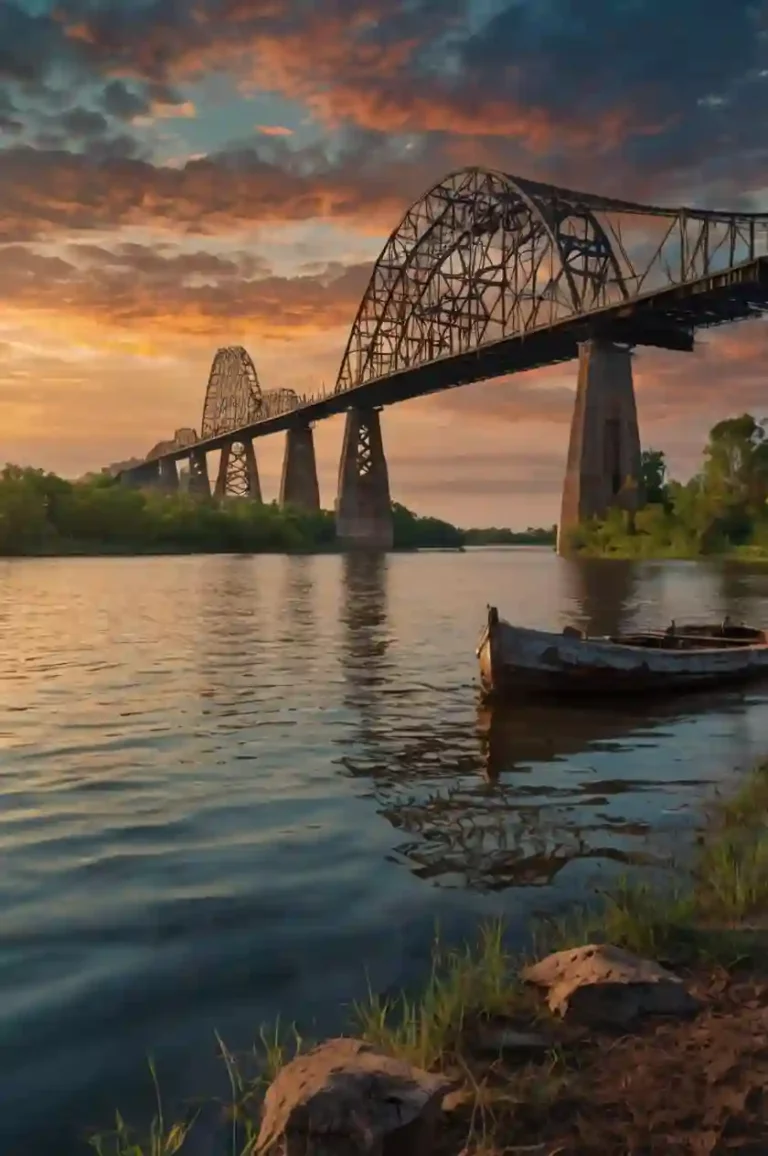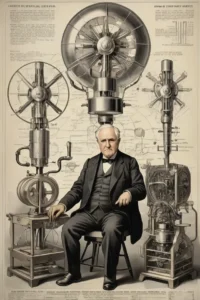The Mississippi River has long been a symbol of exploration, opportunity, and the unyielding human spirit. Stretching over 2,300 miles, this majestic waterway has played a pivotal role in shaping the history, economy, and culture of the United States. For centuries, pioneers, settlers, and adventurers have looked “across the Mississippi” as a gateway to new frontiers, driven by the promise of uncharted lands and untold possibilities. This article delves into the significance of this quest for new frontiers and how it continues to inspire innovation and exploration today.
The Mississippi River: A Gateway to the West
In the early days of American expansion, the Mississippi River served as both a barrier and a bridge. For Native American tribes, it was a lifeline, providing sustenance and transportation. For European settlers, it represented both a challenge and an opportunity to expand westward. The Louisiana Purchase in 1803, which included vast lands west of the Mississippi, marked a turning point in American history. This acquisition doubled the size of the United States and ignited the imagination of those seeking to explore and settle new territories.
The river became a vital trade route, connecting remote settlements to larger markets. Steamboats plied its waters in the 19th century, carrying goods, people, and ideas across its length. Towns and cities like St. Louis, Memphis, and New Orleans flourished along its banks, becoming hubs of commerce and culture.
The Pioneering Spirit: Crossing into the Unknown
The phrase “across the Mississippi” evokes images of pioneers venturing into the vast, untamed wilderness of the American West. These settlers faced numerous challenges: harsh weather, rugged terrain, and conflicts with Native American tribes whose lands they were encroaching upon. Yet, their determination to carve out a better future drove them forward.
The westward expansion was fueled by the belief in Manifest Destiny—a widely held notion that Americans were destined to expand across the continent. This belief justified not only exploration but also the displacement of indigenous peoples and the exploitation of natural resources. While this era brought growth and prosperity to some, it also left a legacy of environmental and cultural loss.
The Modern Quest for New Frontiers
Today, the quest for new frontiers is no longer limited to physical landscapes. While the Mississippi River remains an important natural and economic resource, modern explorers are venturing into digital realms, outer space, and innovative technologies.
The pioneering spirit that once drove settlers westward now fuels advancements in science, medicine, and technology. Space exploration initiatives aim to cross new “frontiers” beyond our planet, while renewable energy projects seek sustainable solutions to global challenges. The same sense of curiosity and ambition that led people across the Mississippi continues to inspire humanity’s pursuit of progress.
Lessons from History: Balancing Progress with Preservation
As we embark on new quests for frontiers—whether on Earth or beyond—it is crucial to learn from history. The expansion across the Mississippi brought both progress and destruction. It transformed lives but also disrupted ecosystems and displaced communities. Moving forward, we must strive for a balance between innovation and preservation.
Efforts to protect the Mississippi River’s ecosystem are already underway. Conservation projects aim to restore wetlands, improve water quality, and ensure that this vital resource remains a source of life for generations to come. Similarly, as we explore new frontiers in technology or space, we must consider ethical implications and prioritize sustainability.
FAQs
1. Why is the Mississippi River significant in American history?
The Mississippi River played a critical role in trade, transportation, and westward expansion. It served as a lifeline for Native American tribes and later became a gateway for settlers moving westward during America’s growth.
2. What does “across the Mississippi” symbolize?
“Across the Mississippi” symbolizes exploration, opportunity, and the pursuit of new frontiers. It represents both the challenges and rewards of venturing into unknown territories.
3. How did the Louisiana Purchase impact westward expansion?
The Louisiana Purchase doubled the size of the United States and opened up vast lands west of the Mississippi for exploration and settlement. It was a key event in America’s westward expansion.
4. What are some modern “frontiers” being explored today?
Modern frontiers include space exploration, advancements in artificial intelligence and technology, renewable energy development, and deeper understanding of our oceans and ecosystems.
5. How can we balance progress with preservation?
Balancing progress with preservation requires sustainable practices, ethical decision-making, and a commitment to protecting natural resources and cultural heritage while pursuing innovation.
Conclusion
The quest for new frontiers—whether it involves crossing rivers or breaking barriers in science—remains an enduring aspect of human nature. “Across the Mississippi” is more than just a historical reference; it is a metaphor for our collective drive to explore, innovate, and create a better future. By learning from the past and embracing responsible exploration, we can continue this journey while ensuring that progress benefits all.





